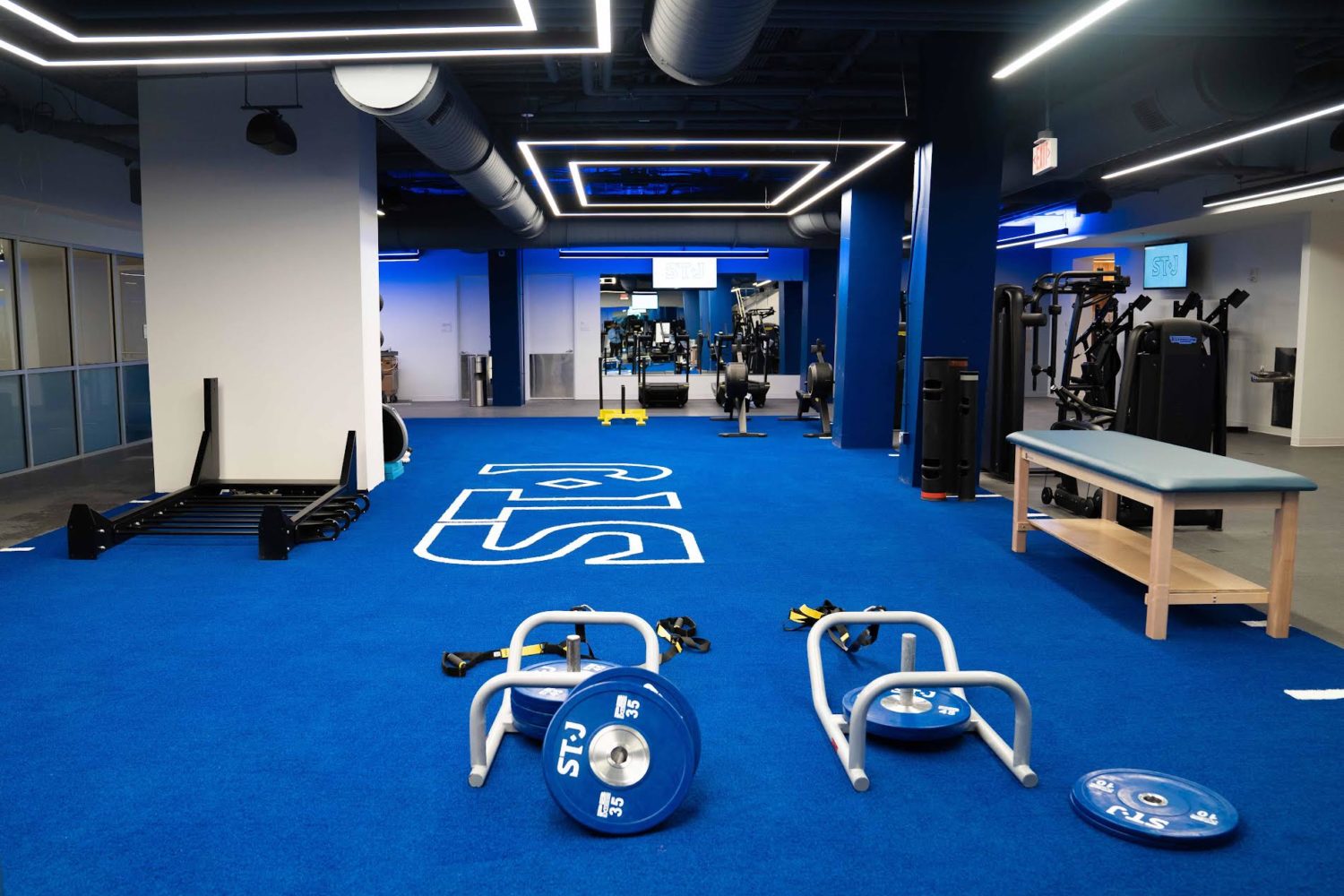A fender-bender, a tumble off a bike, a soccer collision—almost everyone sustains a blow to the head at some point.
Two-thirds of those who have a mild head injury or concussion recover just fine. But if you have hit your head—even if months ago—and you or your loved ones notice any of these symptoms, it may be time to see a physician:
In Adults
• Headaches or neck pain that won’t go away
• Trouble remembering things, concentrating, or making decisions
• Slow thinking, speaking, acting, or reading
• Getting lost or easily confused
• Feeling tired all the time, having no motivation
• Mood changes; feeling sad or angry for no reason
• Sleeping a lot more or having a hard time sleeping
• Feeling lightheaded or dizzy or losing balance
• Nausea
• Increased sensitivity to light, sound, or distractions
• Blurred vision or eyes that tire easily
• Loss of sense of smell or taste
• Ringing in the ears
In Children
• Feeling tired or listless
• Being irritable or cranky; a baby may not stop crying or cannot be consoled
• Changes in eating
• Changes in sleep patterns
• Lack of interest in favorite toys or activities
• Changes in performance at school
• Loss of new skills such as toilet training
• Loss of balance, unsteady walking
• Vomiting
You can find more information from the Brain Injury Association National Help Line, 800-444-6443 or biausa.org.
Source: Centers for Disease Control and Prevention


















